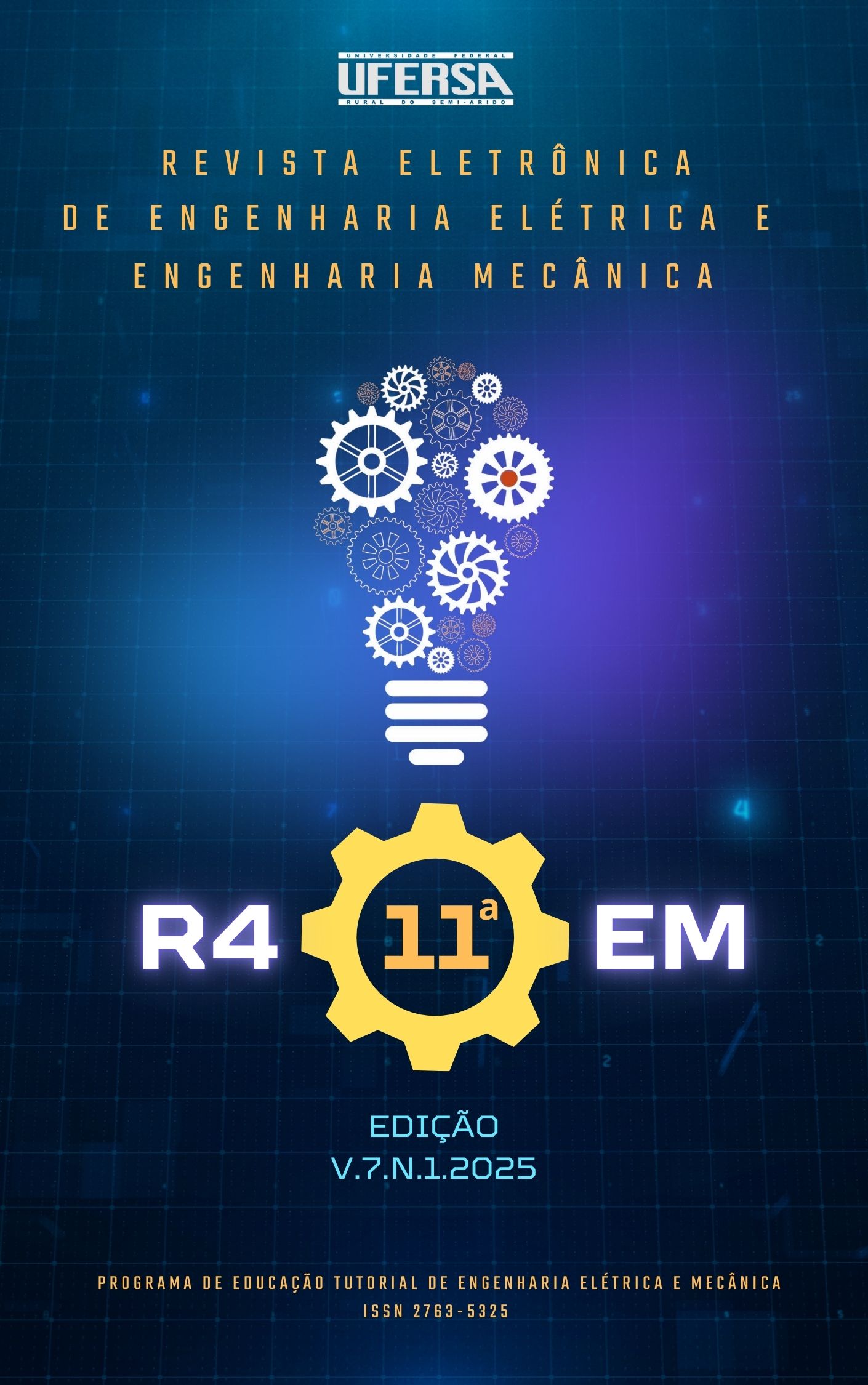Controle de potência de aerogeradores de indução duplamente alimentados (DFIG) em um sistema de transmissão utilizando particle swarm optimization (PSO) e ladder iterative technique (LIT)
DOI:
https://doi.org/10.21708/issn27635325.v7n1.2025Abstract
This work proposes determining the rotor voltage values to control the stator power of wind turbines in steady-state operation at a specified value in a transmission grid. To achieve this, a wind generation system based on DFIG (Doubly-fed Induction Generator) was simulated in operation, as well as its operationalization and control. Particle Swarm Optimization (PSO) was used to obtain a specific active and reactive three-phase power in the stator, and the Ladder Iterative Technique (LIT) was used to scan the system, which allowed the determination of the rotor voltage. The DFIG modeling was developed using models that reflect the same calculations performed by the ATP-EMTP software in steady-state operation, considering the variation of electrical quantities at various points in the DFIG topology, and the results obtained in Matlab were later compared with the models developed in the simulations. PSO was used to determine the rotor voltages that would be able to deliver specified powers to the stator. After simulations, it was found that PSO represents a fast and robust optimization technique, and the specified powers in the stator were achieved by PSO.
Downloads
Downloads
Published
Issue
Section
License

This work is licensed under a Creative Commons Attribution-NonCommercial 4.0 International License.





